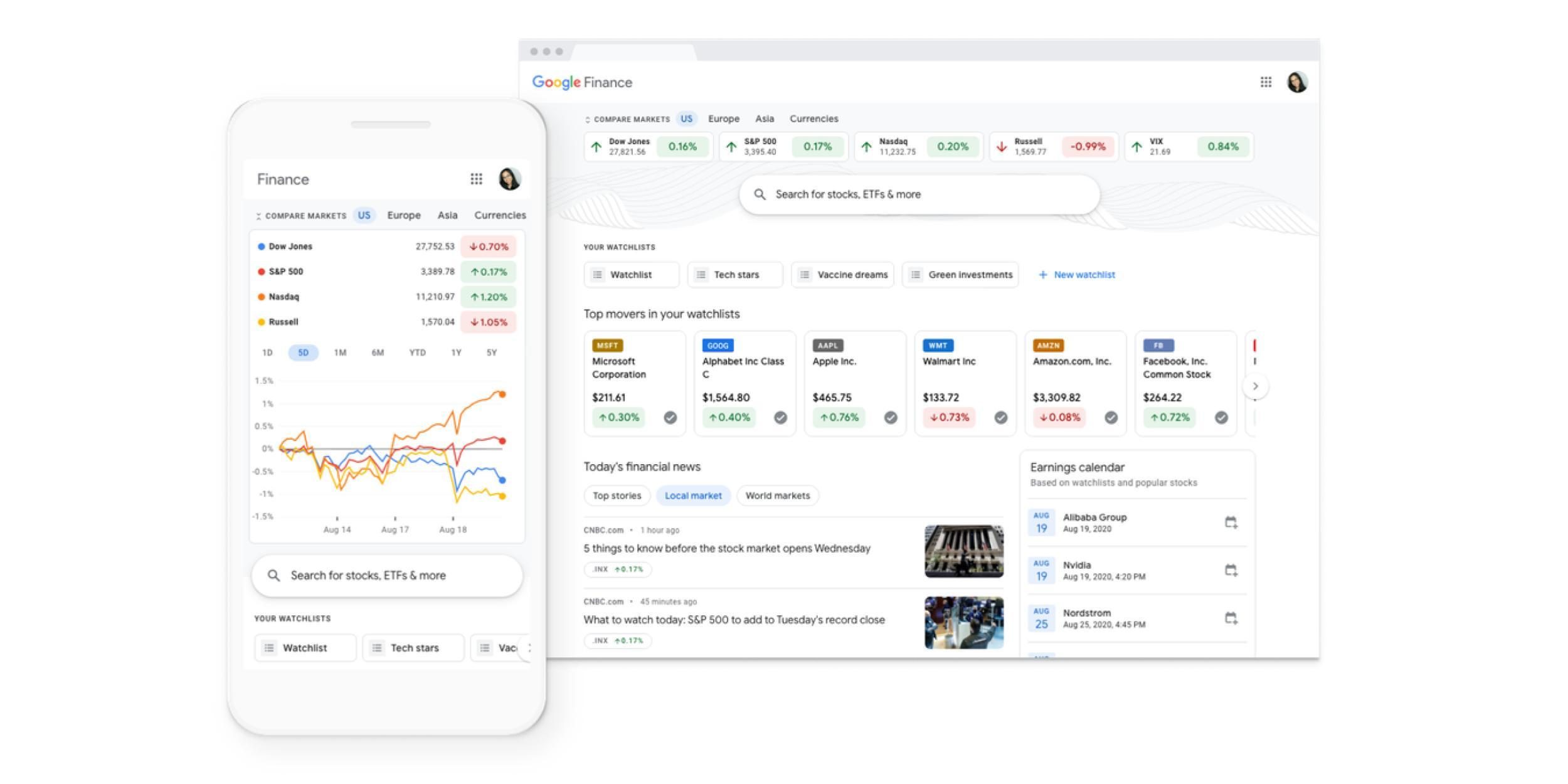In a press release today, 3iQ announced approval for a closed-end Bitcoin fund on the Ontario Stock Exchange. This may seem like Canada regulators are a step ahead of Americans when it comes to accepting institutional investors, but the U.S. has a respectably similar investment option.
A closed-end fund trades shares, but the fund can’t buy them back . If an investor wants to sell their purchase from the closed-end fund, they have to do so on a secondary market.
These types of rules are almost identical to Grayscale’s open-ended grantor trust available right now in the U.S. Greyscale sells BTC in shares and does not buy back. The major differences are that Grayscale is over the counter (OTC) meaning that it isn’t traded on an exchange, and by being open-ended, they sometimes can create new shares for investors.
Both open-ended funds and closed-end funds are different than the Exchange-Traded Fund (ETF) that American regulators keep rejecting. Creation and redemption of ETFs are continuously possible, creating more incentive for price to stay close to the value of the asset.
So, 3iQ’s closed end Bitcoin fund lies somewhere between the Grayscale’s open-ended trust and the ETF that everyone wants. Purchasing the fund will be more accessible, but selling still will not be.
Closed-end funds also have a higher return on capital because they do not repurchase or create new shares, leaving them with more cash to pay in dividends. Still, dividends are usually paid once per year and someone interested in an ETF might not want to hold for that long. Another advantage for closed-end funds is that they trade intra-daily whereas open-ended funds like Grayscale are priced at the end of every day.
The ideal situation would be to have a Bitcoin ETF, closed-end and open-ended fund available for investors to choose from. Any progress made is a step in the right direction, but a single decision like this likely won’t cause Bitcoin to moon.
